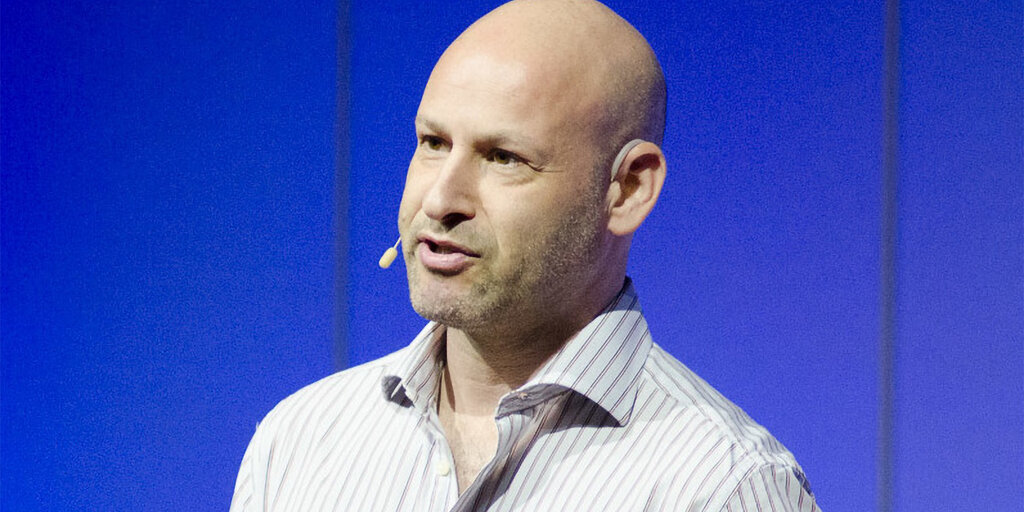Bussiness
ETF Approval Changes Everything, Says Ethereum Co-Founder Joe Lubin – Decrypt

Few weeks in crypto’s short history have seen as much progress as this one. In Washington, D.C., a sudden confluence of bipartisan support coalescing behind a crypto regulation bill on Wednesday, followed the next day by the stunning eleventh-hour approval of spot Ethereum ETFs by the U.S. Securities and Exchange Commission (SEC).
To Ethereum co-founder and Consensys CEO Joe Lubin, both events—particularly the SEC’s about-face on Ethereum—represent a seismic shift in how crypto is treated in America, and will be moving forward.
“I think this is a game changer,” the entrepreneur told Decrypt in an exclusive interview.
Consensys, the $7 billion Ethereum software company founded by Lubin, is currently ensnared in multiple legal battles with the SEC over crypto’s legal status. (Disclosure: Consensys is one of 22 investors in Decrypt.) But Lubin believes this week’s events may have proved that crypto has graduated to a higher status within the American power apparatus—upending the calculus for such battles.
“My guess is that this is now an extremely important political issue,” he said. “And that overrides.”
“If you want to get elected, you’re probably going to either need to have the blockchain decentralized protocol ecosystem on your side,” Lubin continued. “Or at least you don’t want them to hate you.”
As Lubin sees it, the SEC’s decision to approve spot ETH ETFs was undeniably a last-minute political decision, potentially put in motion by a request—or demand—from the White House itself.
That political pressure, multiple crypto lobbyists in Washington previously told Decrypt, likely stemmed from a series of election-related developments last week.
SEC leadership likely feels no different about crypto than it did a week ago—the silence from the agency has been deafening—but political pressures may have now thrown a wrench in its aggressive, ongoing legal crusade against top American crypto firms like Consensys.
Lubin isn’t letting down his guard just yet, however.
“We have to stay vigilant,” he said. “We can’t assume that we’re not going to be attacked again.”
Edited by Ryan Ozawa.







:max_bytes(150000):strip_icc()/roundup-writereditor-loved-deals-tout-f5de51f85de145b2b1eb99cdb7b6cb84.jpg)


